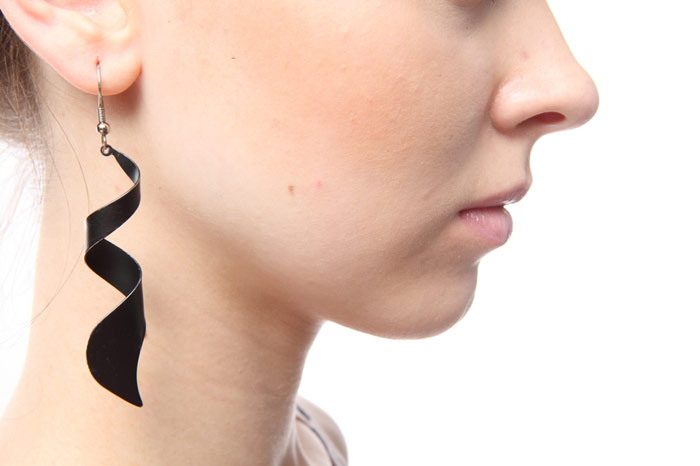Treatment for hearing loss is more than just a luxury. According to a new study out of Sweden, hearing loss could lead to personality changes in the elderly. These changes make people grow less outgoing as they get older; this increases social isolation, the risk of health problems and death.

Previous studies have shown hearing loss causes problems for younger people, too. It can cause developmental delays in children and depression among young adults. Yet many people who struggle to hear still fail to get treatment, in part because they don’t recognize the gravity of the situation. A free online hearing test can help you or someone you love determine if your hearing problems are serious enough to warrant treatment. Many people who receive hearing treatment are glad they did.
Hearing Loss and Health in the Elderly
The new study was conducted by Anne Ingeborg Berg and Boo Johansson from the ADA – Gero Group, Department of Psychology, University of Gothenburg and supported by the National Institutes of Health (NIH). It followed 408 men, aged 80 to 98, for six years, to look for correlations between declining health and the personality changes that often occur in the elderly.
The researchers wanted to find out why people become less extraverted as they get older, and hypothesized that the personality change may be linked to declining health. To that end, the study participants completed a survey about their physical and mental health, emotional stability and personality every two years.
The study found no link between cognitive or physical health problems and a decrease in extraversion. Nor could the researchers pin these personality changes on a decrease in social opportunities among the very old. In fact, hearing loss alone was the only factor that could be linked to a decrease in extraversion among the elderly.
Anne Ingeborg Berg, PhD, told Science Daily, “Surprisingly, we did not find that declining overall health and functional capacity make people less outgoing. But hearing loss directly affects the quality of social situations. If the perceived quality of social interaction goes down, it may eventually affect whether and how we relate to others.”
Social isolation can have a direct effect on health. Studies by The National Council on Aging and the National Institute on Deafness and Other Communication Disorders have found that the incidence of anxiety, depression and paranoia increase among older adults with untreated hearing problems. A study published in Proceedings in the National Academy of Sciences in March 2013 found that social isolation and loneliness were a contributing factor in the early deaths of 918 out of 6,500 participants.
Hearing Loss-Related Problems Affect Younger People, Too
Hearing loss can make communication a chore for older adults, but in children, it can be a developmental roadblock. Kids with impaired hearing may experience delays in language development, problems at school and low self-esteem. Children and young adults alike can experience loneliness, depression and associated health problems as a result of hearing impairment.
Overcoming the Stigma of Hearing Loss
Many people with hearing impairment could benefit from treatment, whether the impairment is age-related or not. However, surveys have found only about one in 10 people with mild hearing loss wear hearing aids, and only four in 10 people with moderate to severe hearing loss wear hearing aids. The average person with hearing loss waits seven years after being diagnosed before buying their first hearing aid.
One-fifth of hearing-impaired people hesitate to buy hearing aids because of the stigma associated with them; when surveyed, they said they chose not to wear hearing aids out of embarrassment or because they didn’t want to feel old. However, at least two-thirds of those surveyed admitted that they didn’t think hearing loss was a problem that warranted treatment.
However, as research has shown, hearing loss is a serious medical problem. Of those who do use hearing aids, 48 percent said their quality of life was better with the aids and 56 percent reported improved relationships with loved ones. The families of people who used hearing aids also reported that their loved one’s hearing treatment improved their quality of life.
If you think your hearing loss doesn’t warrant treatment, think again. This new study has linked hearing loss with increased social isolation among the elderly, and previous studies have shown that it can contribute to early death. Hearing aids improve relationships, and can help you live a longer, happier life.










